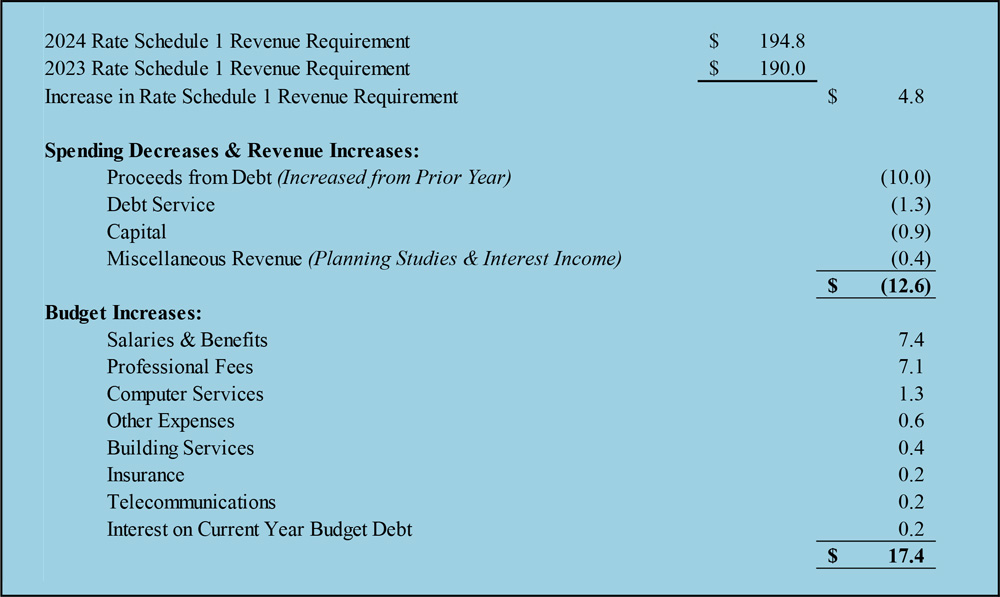LANSING, Mich. — The first bill in a package of climate legislation won Michigan Senate approval this week, while the chair of the Senate Energy and Environment Committee said talks are continuing on the other proposals.
As several hundred supporters of renewable energy production rallied at the Capitol, the Senate voted 23-14 to approve SB 277, with three Republicans joining the Democratic majority. The bill would codify current policy and allow farms enrolled in the state’s farmland preservation system to lease out land for solar energy projects. It’s unclear when the state House will begin work on the measure.
While the legislation does not have the same impact as some others in the package — such as SB 271, which calls for the state to have 100% renewable energy production by 2035 — it has symbolic value as the first measure to pass one chamber. Another bill in the package would end coal-fired electric generation in the state by 2030. (See Michigan Dems Seek to End Coal-fired Plants by 2030.)
Most Republicans voted against the bill, arguing it could reduce the amount of land used for food production in the state. The argument was similar to that used by local governments that have opposed solar and wind projects. (See Wind, Solar Opponents Defeat Four Proposals In Rural Michigan County.)
One Republican, Sen. Dan Lauwers, abstained because several solar companies are interested in leasing part of his family’s farm.
Agriculture competes with tourism as the state’s largest industry following manufacturing. The state is one of the nation’s largest producers of such crops as tart cherries, pears and blueberries.
Sen. Kristen McDonald Rivet (D) insisted the bill was pro-farm and pro-environment and that it respected property rights.
Sen. Sean McCann (D) told the rallying activists that discussions are ongoing on possible compromises to move the entire package forward. One change being considered to win support is extending the 100% clean energy goal five years to 2040.
He said he did not have a timeframe for when bills might move but said it was unlikely the Energy and Environment Committee chairs would act this week.
Environmental activists have warned there are limits to compromises they would accept on the bills.
Opponents of the package argue the proposals could expose state residents to less reliable forms of energy and higher utility costs. And with the ongoing UAW strike against the Big Three automakers, opponents also are warning that pushing EVs could cause widespread manufacturing job loss in the state.
